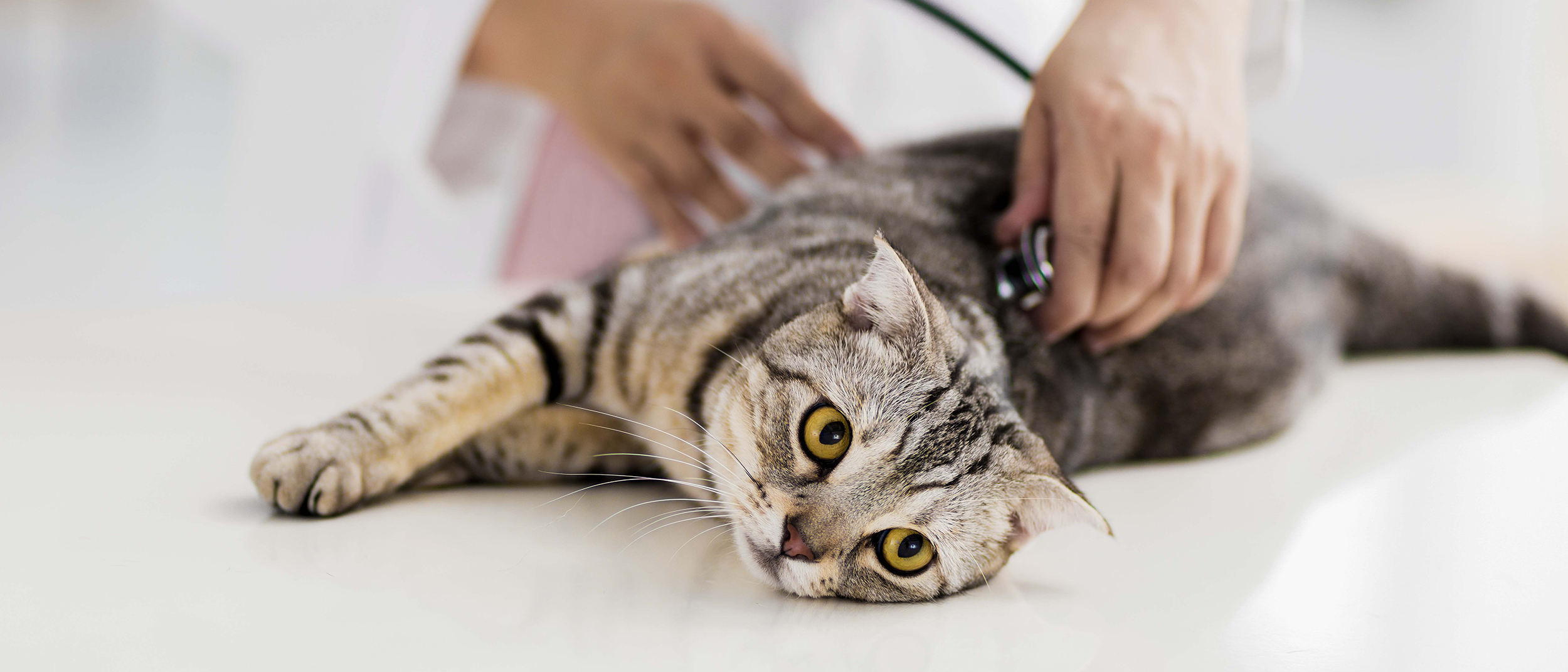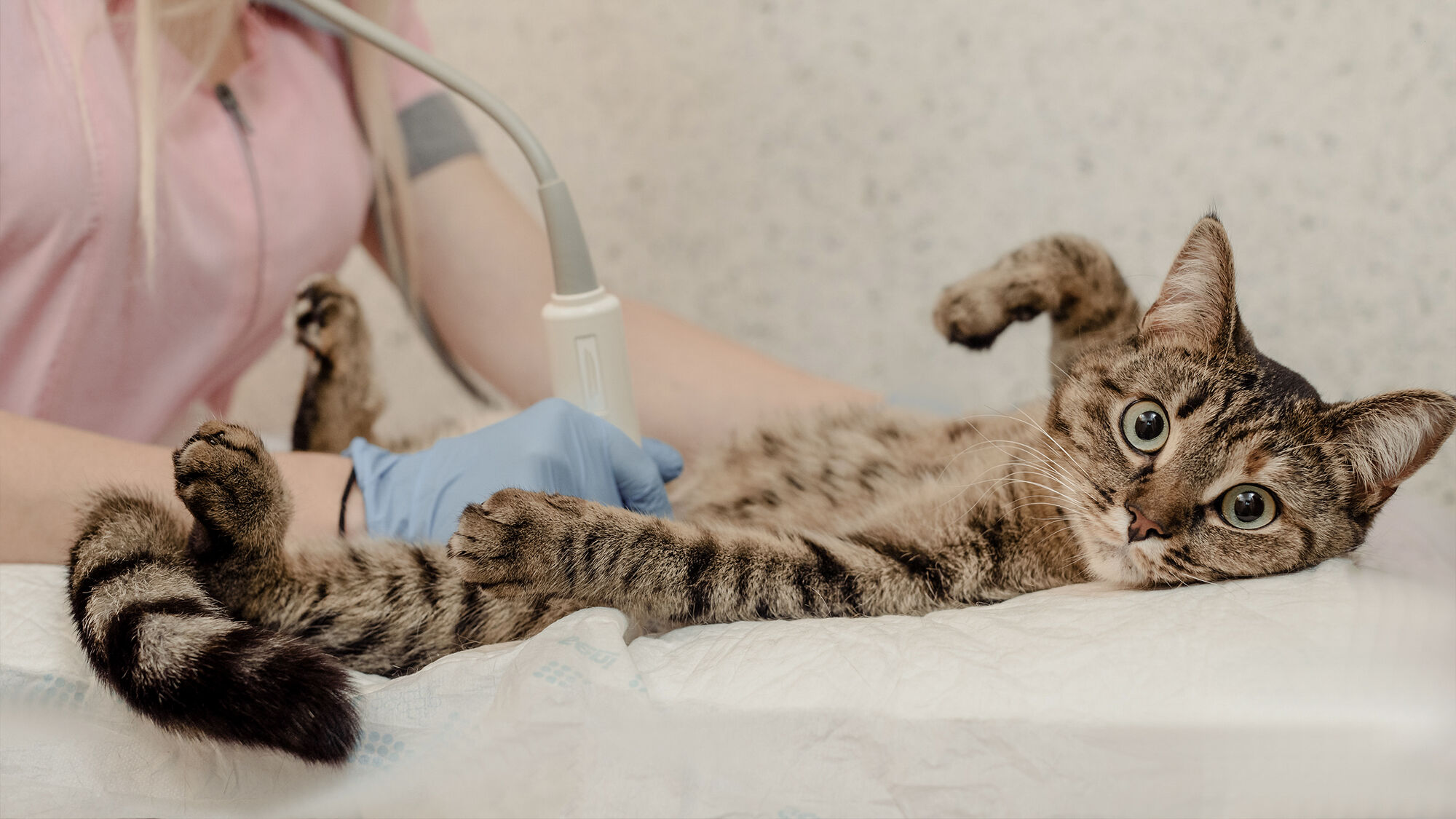Should I neuter my male cat?

Having your kitten neutered is a common procedure with plenty of benefits for your cat and your home. However, it’s not a decision to be made quickly, and you should seek your vet’s advice to determine what’s best for your cat.
What is neutering?
Neutering is the term used for the sterilisation of male cats. In female cats, this is called spaying, although sometimes neutering is used to refer to sterilising male or female animals.
How does neutering work?
It works by eliminating sex hormones in your cat. For male cats, their testicles are removed so they will no longer produce sperm which can fertilise the egg of a female cat, and therefore they are no longer able to reproduce. The operation is performed by a veterinarian.

When’s the best time to have my kitten neutered?
Ideally, you should have your kitten neutered at around puberty; in male cats, this is between six to twelve months old. Male cats tend to reach sexual maturity, and therefore begin looking for a mate, between seven and twelve months old. Neutering can be performed from as young as four months old. Your vet will be able to advise you on the best time for your kitten.
"For social, health and population control reasons, it is now recommended neutering should routinely take place at around 4 months of age." International Cat Care
Why should I get my kitten neutered?
There are many important reasons to have your kitten neutered, and the procedure has many benefits both for your cat and for you.
Population control
Neutering a male cat is a responsible thing to do as a pet
owner. Male cats fertilise stray females and increase the
chance of unwanted litters, which can be difficult to manage and send on to
good homes.
Behaviour
Neutering your cat brings about hormonal changes. These
changes make them calmer and less inclined to run away
or fight with other cats.
Health
Sterilisation can help to reduce the likelihood of your cat
contracting or spreading a sexually transmitted infection
(STI), as their desire to mate is reduced. Unsterilised
males are at more risk of serious infectious disease such
as feline immunodeficiency virus and feline leukemia
virus, both of which are transmitted through cat bites.
Environment
Unsterilised males roam a wide area, marking their
territory by spraying urine, often indoors. Once sterilised,
males tend to mark their territory much less and stay
closer to home. Their desire to fight is reduced, making for
a more peaceful home environment.
How will my kitten or cat’s diet change?
After neutering, your cat or kitten’s nutritional needs change. His energy requirements go down by about 30%, but his appetite will increase by approximately 20-25%. As your kitten is still growing and needs energy to develop healthy muscles and body mass, it’s important to give him a food which covers these adjusted nutritional requirements.
A food formulated for sterilised cats may be a good option. Consult with your vet for a nutritional recommendation. Ideally, they will recommend a change in diet before your cat’s operation so that they can be transitioned smoothly and slowly.
“Introducing portion control to help maintain an ideal body condition score and substituting some wet kitten food into the diet are useful strategies for helping with healthy weight management in this context,” Author and Waltham scientist Dr Lucille Alexander.
What other complications can there be with neutering?
How do I prepare my male cat for neutering?
Firstly, the animal must not be fed before any operation.
Ask your vey about when to remove food and water.
Secondly, going to the vet and the neutering procedure can
be stressful for a cat. Try to make him as
comfortable as possible on the journey and while at the clinic.
Remember that your animal's diet will change as a result
of the surgery. It’s recommended that this change be done
gradually before the operation to avoid further stress or
digestive issues. Find out more about how to transition
your pet onto a new diet in our food-transition guide.
How should I care for my kitten after sterilisation?
Cats usually recover quickly after this kind of operation.
They may be a little drowsy for a few hours but will usually
be lively again by the next day. Ideally you should keep
your kitten fairly calm for a day or two to allow the internal
wounds some time to heal.
Your cat or kitten may not eat for some time after the
procedure. Remember to place a bowl of fresh water in an
easily accessible position, such as next to the cat's bed.
Your vet will be able to let you know when after the
operation you can begin to offer her food in small portions.
Your vet may recommend a specific diet for your cat.
You should contact your vet if your kitten is unusually quie
t or listless, or if he starts to lick or scratch excessively at
the surgical wounds. Your vet can apply a dressing or
special collar to prevent any damage being done to the wound.
Neutering can be a beneficial procedure for your cat and
your home environment. Your vet will be able to give you
more information about the procedure and help you make
the decision that's right for your cat.
A healthy start to life
Related Articles
Tailored nutrition for your kitten
Nutritional formulas that help to build your kitten's natural defences, support healthy growth, and aid in digestive system development.
Like & share this page